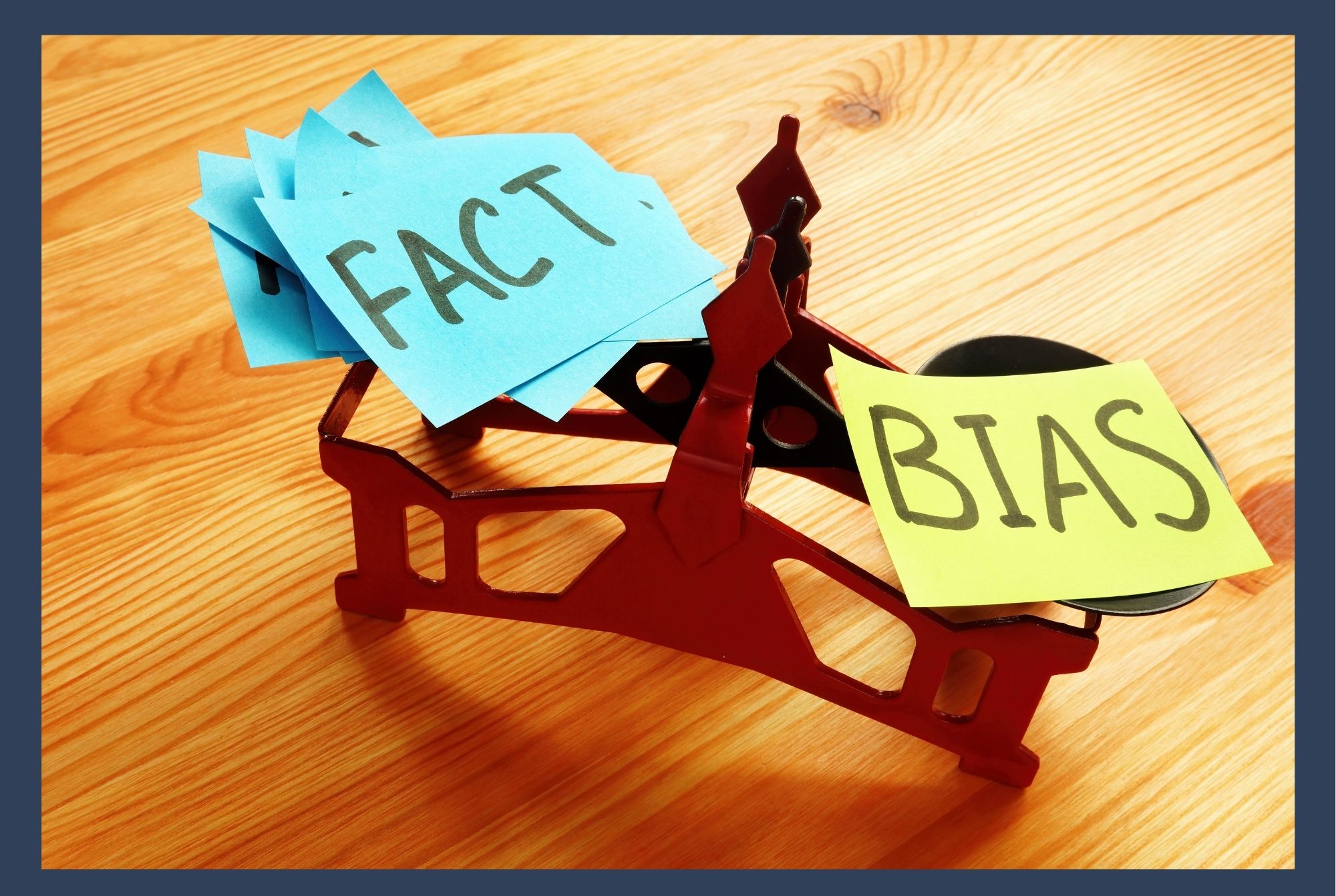Each week of Black History Month, we’re sharing some key resources as part of our Wednesday Wisdom Blog series. This week, our Wednesday Wisdom is focused on the issue of implicit bias, and especially how it can manifest in the legal profession. Check out the content on the topic below!
Article Spotlight: Why Women and People of Color Still Hear ‘You Don’t Look Like a Lawyer’
This article by Tsedale M. Melaku, published in the Harvard Business Review in 2019, shares some of what she learned in her book, “You Don’t Look Like A Lawyer,” which explores systemic gendered racism in the legal profession. Through in-depth interviews with black female lawyers at elite law firms, Melaku identifies what their struggles are, particularly related to their physical appearance and perceived competence.
“Each lawyer I talked to shared stories about a potent stew of obstacles that get in the way of firms’ ability to train, mentor, retain, and promote young professionals of color. And despite many firms having made a commitment to diversity, these commitments are often rendered hollow and relegated to being nothing more than marketing tools designed to tick boxes on client questionnaires.”
– Tsedale M. Melaku
You can also learn more about the topic in Melaku’s book, which can be found here.
Key Resource: Harvard’s Implicit Association Test (IAT)
Challenge yourself to take one or more of these short, visual tests, especially with a focus on race and skin tone, to learn more about how implicit associations work and better understand your own.

Study Worth Reading: Written in Black & White: Exploring Confirmation Bias in Racialized Perceptions of Writing Skills, Arin N. Reeves, Nextions (2014).
Read the findings from this study, which explored how implicit bias affected the perceptions of associate writing skills by race. Researchers tested the hypothesis that “unconscious confirmation bias in a supervising lawyer’s assessment of legal writing would result in a more negative rating if that writing was submitted by an African American lawyer in comparison to the same submission by a Caucasian lawyer.”
Check out the results of the study here.




